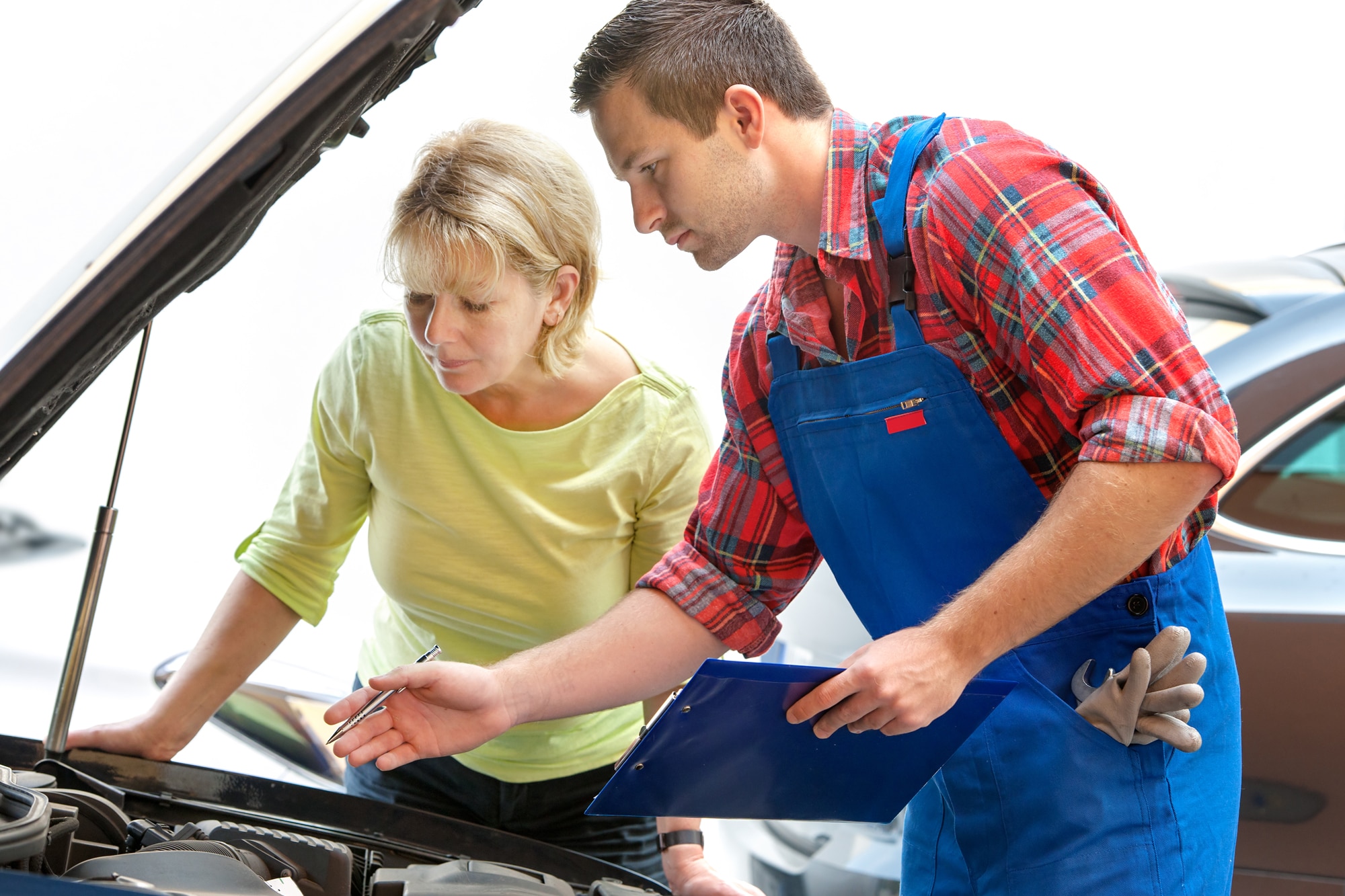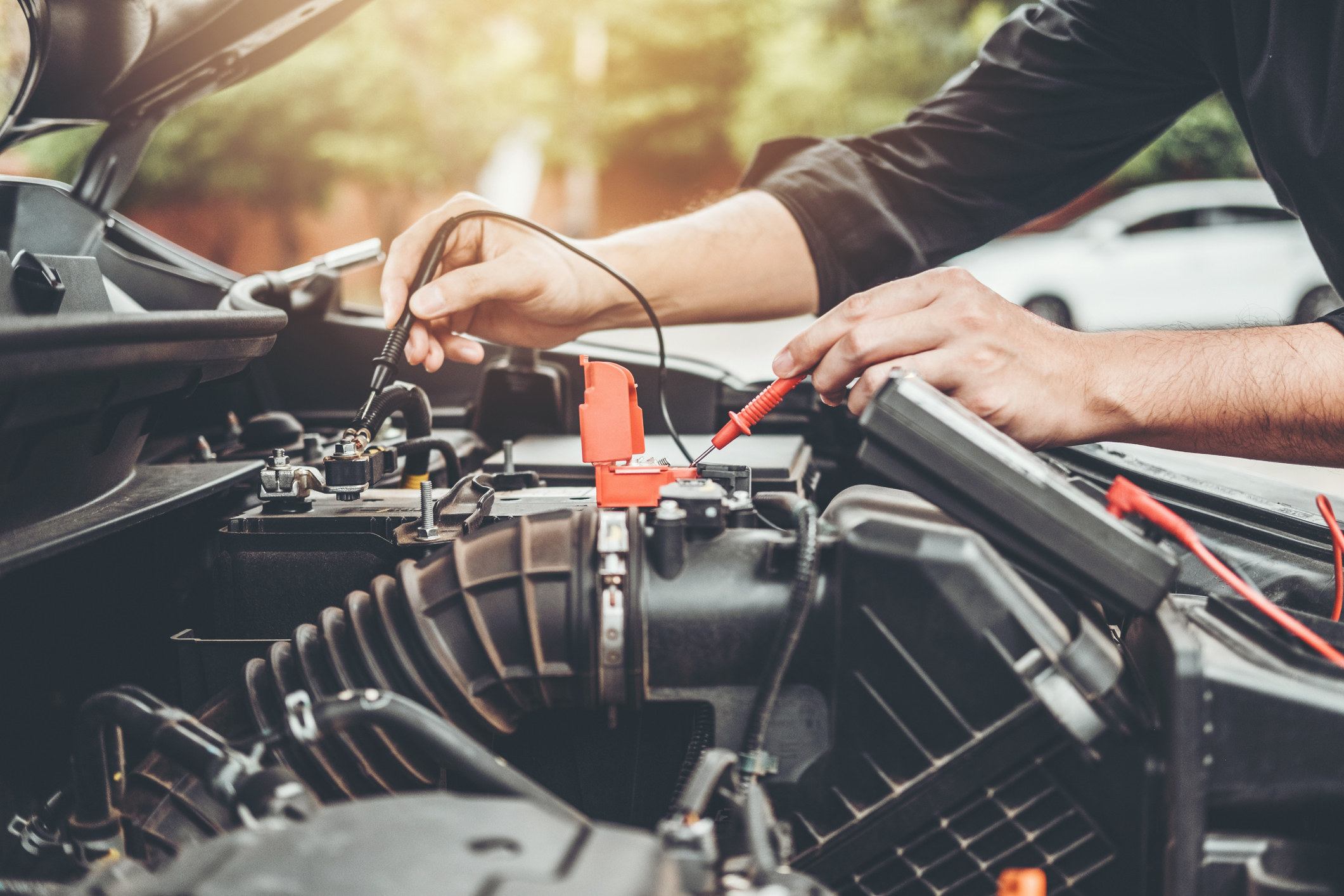All Categories
Featured
When your cars and truck starts to overheat, it can be a stressful and frightening situation. However, comprehending how to respond in these moments and taking steps to avoid future getting too hot can help safeguard your automobile and avoid pricey repairs. Below's what to do if your auto overheats and how to avoid it from taking place again.
What to Do If Your Auto Overheats. Draw Over and Turn Off the Engine The first point you ought to do if your car begins to overheat is to draw over to a risk-free area, such as a parking area or the shoulder of the roadway. Switch off the engine immediately to stop more damages. Running an overheated engine can trigger irreversible damages to the interior elements, consisting of the radiator and cyndrical tube heads.
Allow the Engine to Cool Down After switching off the engine, give it time to cool down. Opening the hood can assist release warm, but beware as the engine and surrounding locations might still be very warm. Wait at the very least 15-20 minutes prior to attempting any kind of further activities.
Check the Coolant Degree Once the engine has cooled down, check the coolant level. Never ever open up the radiator cap while the engine is warm, as this can trigger hot coolant to spray and shed you.
Inspect for Leaks or Damaged Hoses While you are evaluating the coolant degree, check for any kind of noticeable leaks or damaged tubes under the hood. Fractured or damaged tubes can create coolant to leakage out, resulting in a getting too hot engine. You might require to call for roadside assistance or a tow to obtain the auto to a technician. if you detect any type of concerns.
Require Help If you can not identify the cause of the overheating or the issue persists after rounding off the coolant, it's ideal to call for roadside support. Driving with an overheated engine can create extreme damage to your car and leave you stranded.
![]()
How to avoid Your Automobile from Overheating. Check Coolant Levels Frequently One of the major root causes of getting too hot is low coolant levels. If needed, make it a routine to inspect your coolant levels frequently and cover them off. Refer to your vehicle's guidebook for the advised coolant blend and maintenance periods.
Inspect Your Radiator Your radiator plays a vital role in keeping the engine cool. Guarantee there are no blockages or debris blocking air flow via the radiator. If your radiator is blocked or harmed, it may not operate effectively, resulting in getting too hot.
Maintain Your Cooling System The cooling down system must be flushed and re-filled periodically. Over time, coolant can come to be infected or lose its efficiency. Adhere to the manufacturer's referrals for purging the system, typically every 30,000 to 50,000 miles.
Screen the Thermostat and Water Pump The thermostat controls the temperature level of the engine, while the water pump distributes coolant through the engine. If either of these elements stops working, it can trigger the engine to get too hot. Have your technician examine the thermostat and water pump throughout regular upkeep.
Prevent Straining the Car Overloading your car, particularly on lengthy journeys or hot days, can stress the cooling and the engine system. Bear in mind your vehicle's weight limitations and try to stay clear of lugging hefty lots, especially when driving in extreme temperature levels.
Drive with Care Aggressive driving, such as speeding or fast velocity, can boost engine anxiety and warmth manufacturing. Decrease, particularly on warm days or when increasing steep slopes, to minimize the danger of getting too hot.
![]()
Conclusion. Knowing what to do if your car overheats can avoid additional damages to your engine and aid you take care of the circumstance safely. By regularly examining your coolant degrees, evaluating the radiator and tubes, and keeping the air conditioning system, you can lower the threat of getting too hot. With aggressive treatment and proper maintenance, your lorry will certainly remain in great problem, guaranteeing you remain risk-free and stay clear of expensive repair services in the future.
What to Do If Your Auto Overheats. Draw Over and Turn Off the Engine The first point you ought to do if your car begins to overheat is to draw over to a risk-free area, such as a parking area or the shoulder of the roadway. Switch off the engine immediately to stop more damages. Running an overheated engine can trigger irreversible damages to the interior elements, consisting of the radiator and cyndrical tube heads.
Allow the Engine to Cool Down After switching off the engine, give it time to cool down. Opening the hood can assist release warm, but beware as the engine and surrounding locations might still be very warm. Wait at the very least 15-20 minutes prior to attempting any kind of further activities.
Check the Coolant Degree Once the engine has cooled down, check the coolant level. Never ever open up the radiator cap while the engine is warm, as this can trigger hot coolant to spray and shed you.
Inspect for Leaks or Damaged Hoses While you are evaluating the coolant degree, check for any kind of noticeable leaks or damaged tubes under the hood. Fractured or damaged tubes can create coolant to leakage out, resulting in a getting too hot engine. You might require to call for roadside assistance or a tow to obtain the auto to a technician. if you detect any type of concerns.
Require Help If you can not identify the cause of the overheating or the issue persists after rounding off the coolant, it's ideal to call for roadside support. Driving with an overheated engine can create extreme damage to your car and leave you stranded.

How to avoid Your Automobile from Overheating. Check Coolant Levels Frequently One of the major root causes of getting too hot is low coolant levels. If needed, make it a routine to inspect your coolant levels frequently and cover them off. Refer to your vehicle's guidebook for the advised coolant blend and maintenance periods.
Inspect Your Radiator Your radiator plays a vital role in keeping the engine cool. Guarantee there are no blockages or debris blocking air flow via the radiator. If your radiator is blocked or harmed, it may not operate effectively, resulting in getting too hot.
Maintain Your Cooling System The cooling down system must be flushed and re-filled periodically. Over time, coolant can come to be infected or lose its efficiency. Adhere to the manufacturer's referrals for purging the system, typically every 30,000 to 50,000 miles.
Screen the Thermostat and Water Pump The thermostat controls the temperature level of the engine, while the water pump distributes coolant through the engine. If either of these elements stops working, it can trigger the engine to get too hot. Have your technician examine the thermostat and water pump throughout regular upkeep.
Prevent Straining the Car Overloading your car, particularly on lengthy journeys or hot days, can stress the cooling and the engine system. Bear in mind your vehicle's weight limitations and try to stay clear of lugging hefty lots, especially when driving in extreme temperature levels.
Drive with Care Aggressive driving, such as speeding or fast velocity, can boost engine anxiety and warmth manufacturing. Decrease, particularly on warm days or when increasing steep slopes, to minimize the danger of getting too hot.

Conclusion. Knowing what to do if your car overheats can avoid additional damages to your engine and aid you take care of the circumstance safely. By regularly examining your coolant degrees, evaluating the radiator and tubes, and keeping the air conditioning system, you can lower the threat of getting too hot. With aggressive treatment and proper maintenance, your lorry will certainly remain in great problem, guaranteeing you remain risk-free and stay clear of expensive repair services in the future.
Latest Posts
Reputable Industrial Roof Covering Services by Weathercraft
Published May 25, 25
1 min read
Uncover the Best Auto Repair Coupons in Montclare, Chicago
Published May 23, 25
1 min read
How to Know When Your Car Needs Skilled Car Repair at Montclare Auto Repair
Published May 23, 25
1 min read